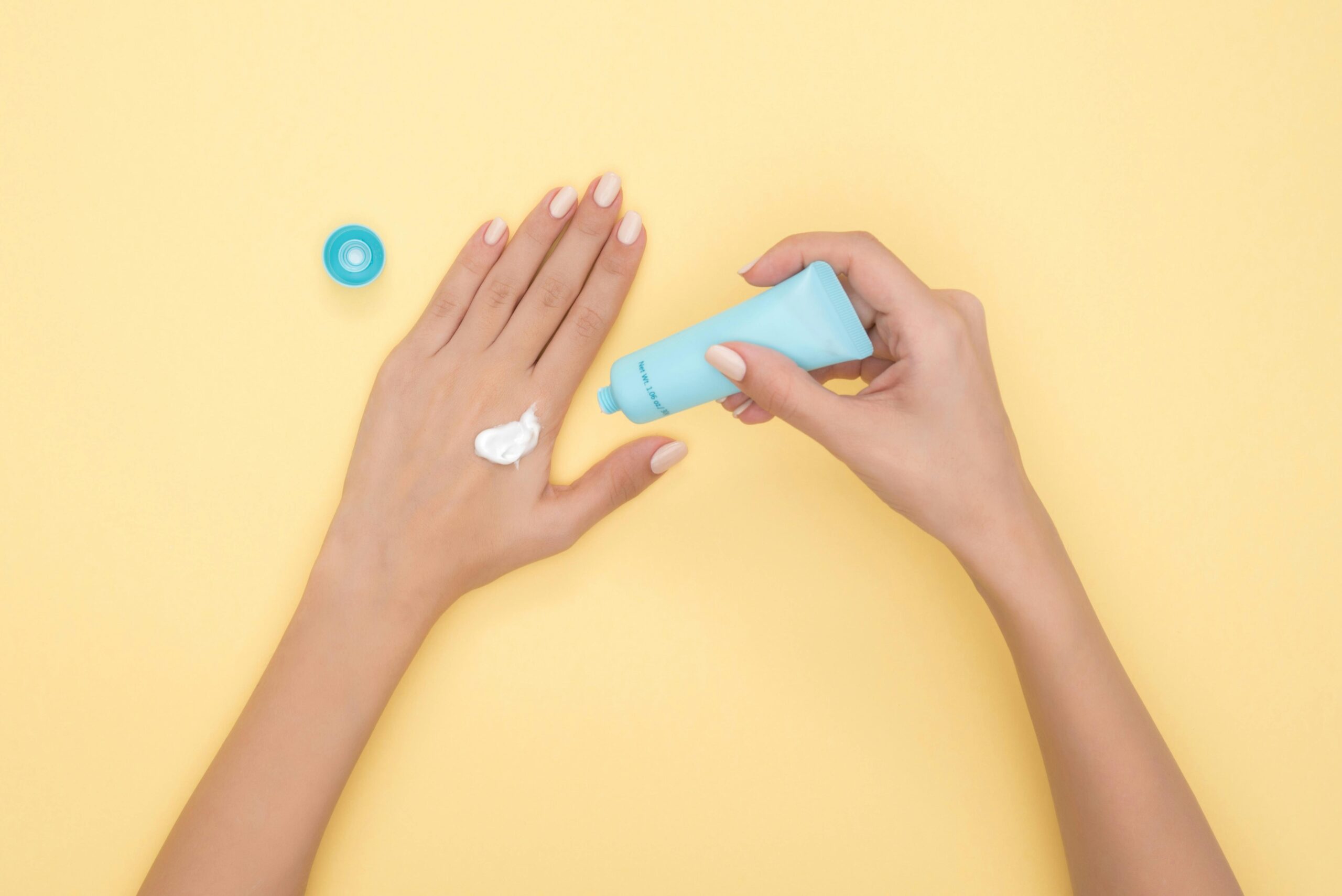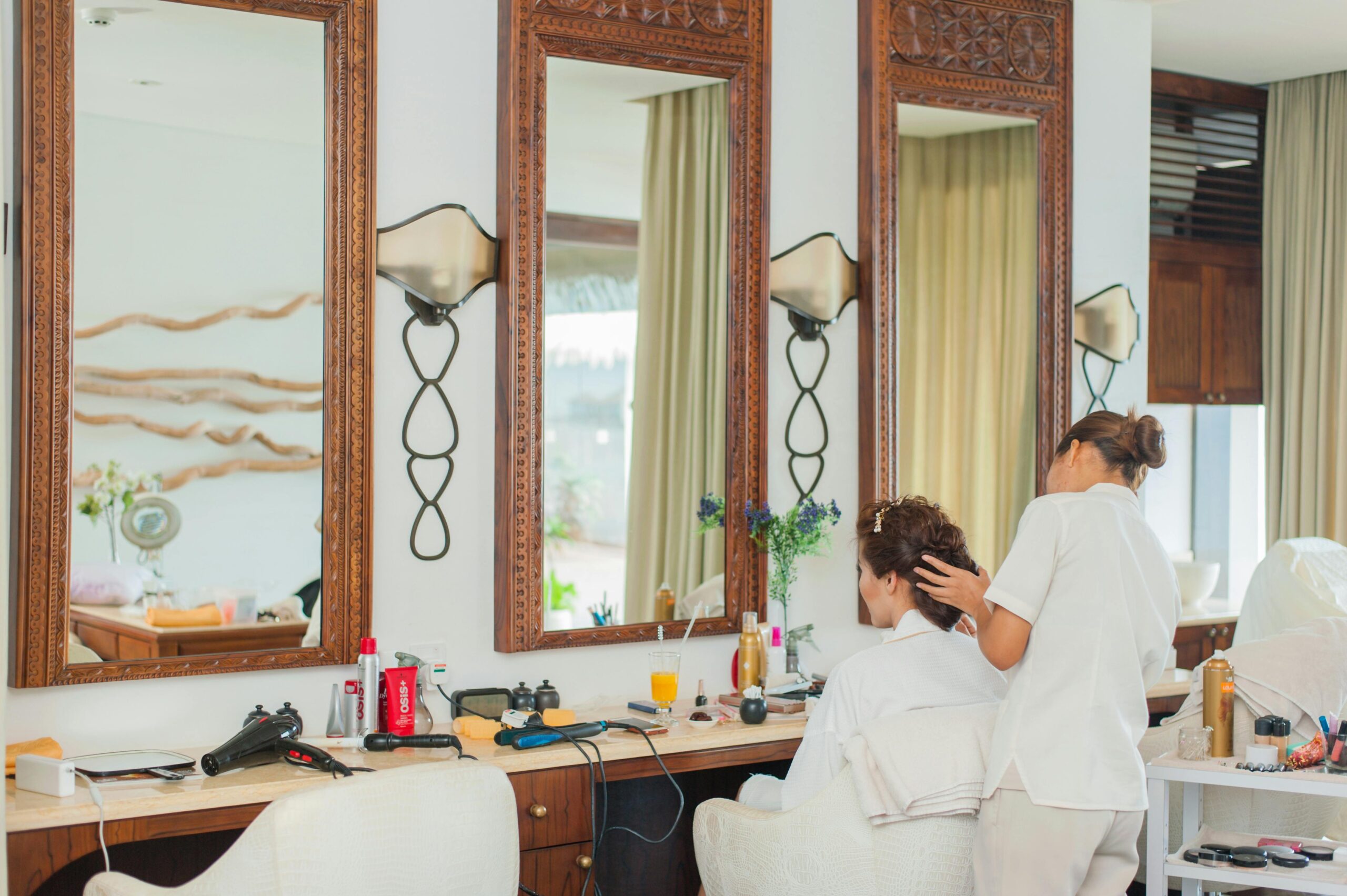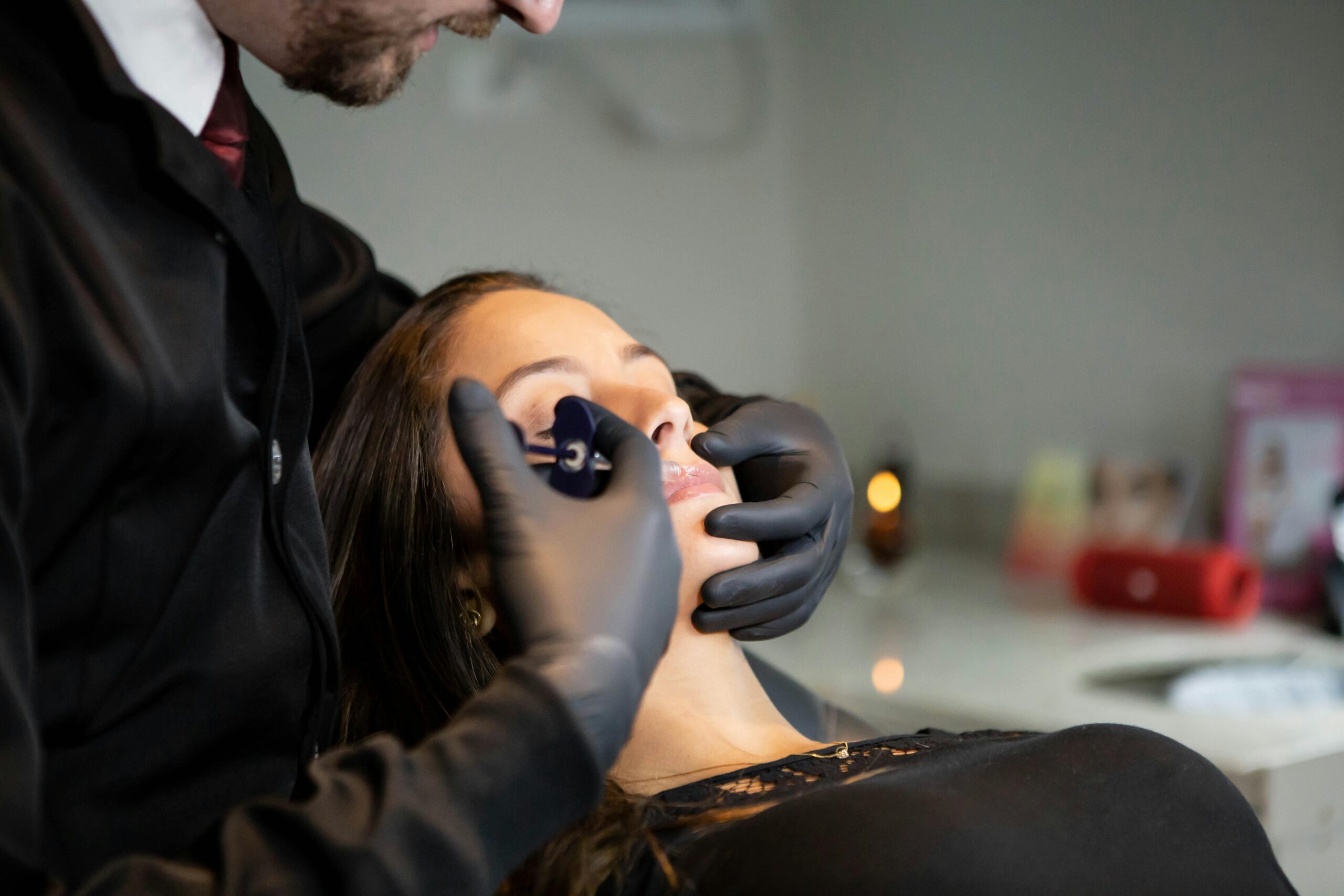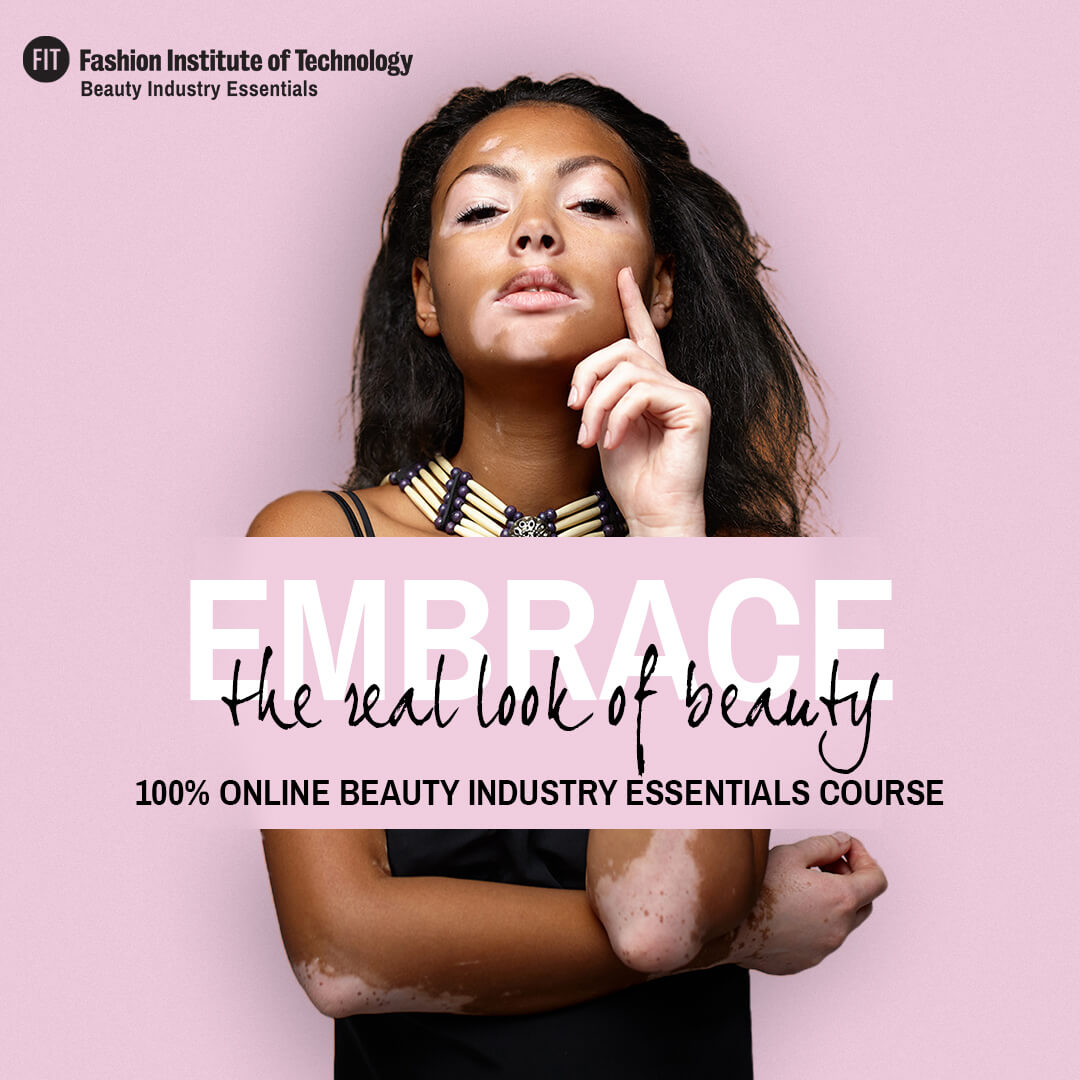[wdm_vimeo_gform_overlay]
Danielle Pergament’s expertise in beauty writing is second to none. Her work has been published by New York Times, Condé Nast Traveler, and Marie Claire, and she has served as an Executive Editor for Allure and Editor-in-Chief of goop.com. As one of the mentors featured in Yellowbrick’s Beauty Industry Essentials online course, she spoke with us about the tools necessary to be successful as a beauty writer and editors.
Find Your Own Voice
I recently interviewed somebody for a job, and there was a long discussion about what the job entails. This person would have to go to beauty events, organize products, and so forth. I said, “the only thing I care about is that you can get me from the beginning of a sentence to the end of one; that you don’t use cliches, and that you don’t write in magazine speak.” By that, I meant a generic woman’s magazine voice. You want to surprise the reader.
Separate Yourself as a Beauty Writer
When I started off as an editor, the internet was a nonentity. Now, everybody has such a strong social presence. There are so many voices out there. So, for print to rise above, we have to speak like humans. There’s no place in the world anymore for generic, cliched voices.
I want every sentence to be compelling, clever, pithy, and engaging. To become a beauty writer, you have to care more about writing than beauty. Take whatever space that is given — whether it’s 200 or 2,000 words, give me and make me feel something.
As cheesy as it sounds, you want to elevate the human spirit. Your only loyalty is to the reader. You want to make that reader feel engaged, hang on to every word, and not just flip through. There’s no place for that “yay, just between us gals” voice anymore.
Find the Right Publication for Your Voice
The voice of Allure, if we do our jobs right, is nonjudgmental. It’s a little snarky, but not sarcastic. It’s never cruel; we never talk about envy. I hope that we are a judgment-free zone that makes people feel fun and engaged, and that the sentences are pithy, alive, and cliche-free.
Relax a Little Bit
I have no problem with broken sentences. I have no problem with stories that start with “OK, here’s the thing” because that makes me want to find out what the thing is. I think that men’s magazines have been — and I hate to say this — more successful over the years than women’s magazines. I don’t know if they have more free reign or if the writers just have more stuff they can say. But women’s magazines tend to be over-edited and the voice can be watered down. When you have 10 editors, you never make things more creative. So, I always encourage my writers or the people I’m interviewing to just let it out. Talk like you’re talking to your best friend after a cup of coffee or after a glass of wine. What makes you feel most creative? That’s what we want on the paper.




